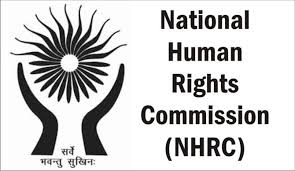Central Vigilance Commission
Central Vigilance Commission The Central Vigilance Commission (CVC) was established in 1964, as an apex body for exercising general superintendence and control over vigilance administration, through the Government of India Resolution of 11.2.1964. The main mandate of the Commission was based on the report of the Committee on Prevention of Corruption, popularly known as the Santhanam … Read more Central Vigilance Commission
